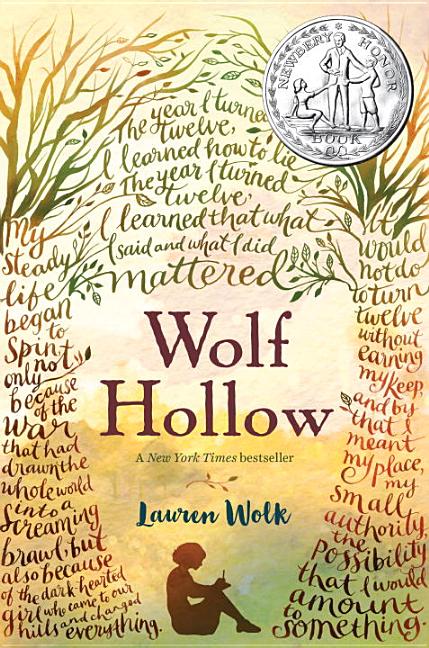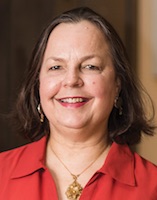Audiobook Excerpt narrated by Emily Rankin
Wolf Hollow |
Audiobook excerpt narrated by Emily Rankin.
Volume 90%
Press shift question mark to access a list of keyboard shortcuts
Keyboard Shortcuts
Play/PauseSPACE
Increase Volume↑
Decrease Volume↓
Seek Forward→
Seek Backward←
Captions On/Offc
Fullscreen/Exit Fullscreenf
Mute/Unmutem
Seek %0-9
Translate this transcript in the header View this transcript Dark mode on/off
This audio excerpt is provided by Books On Tape® / Listening Library.



